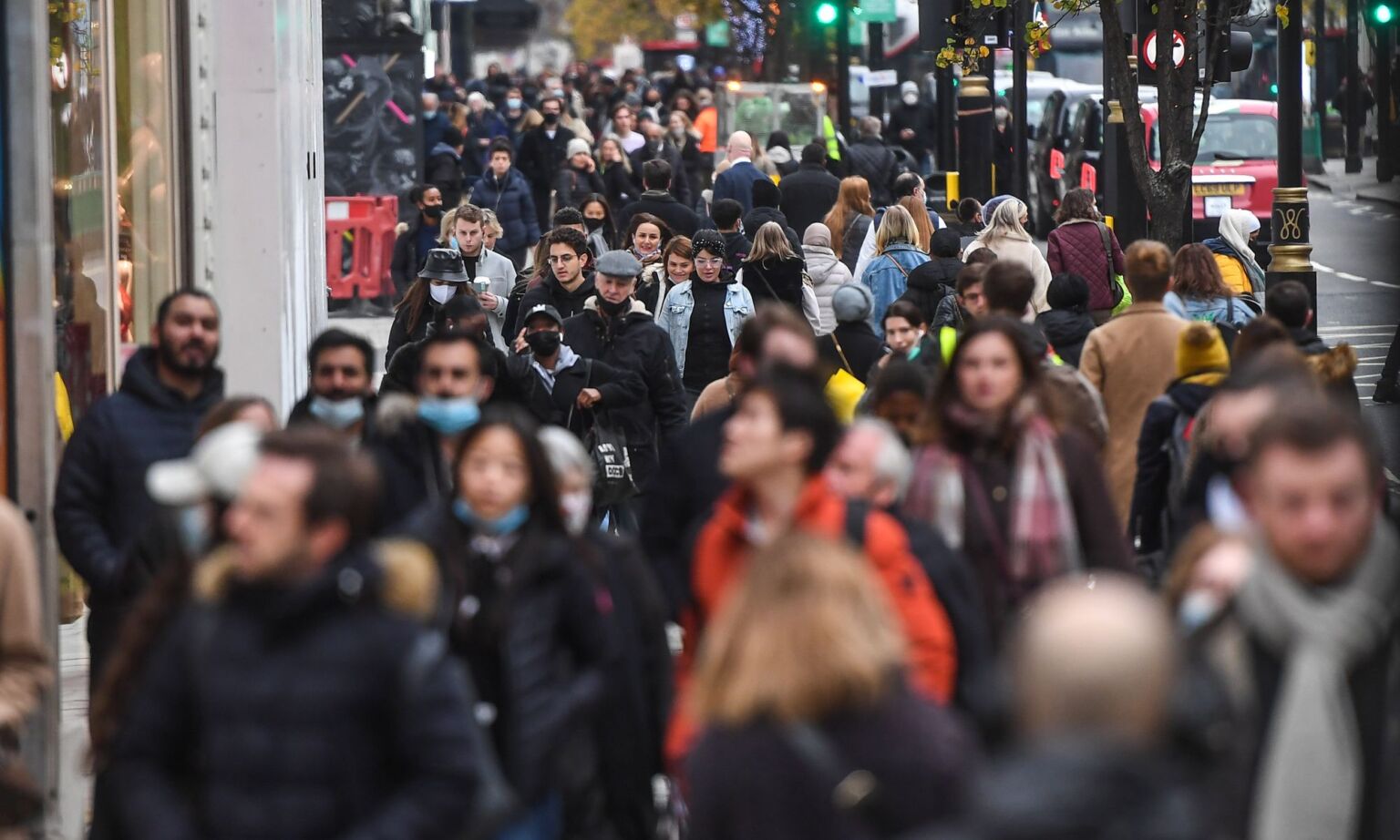
Long-read
How immigration was weaponised against the masses
New Labour thought migration could ‘modernise’ Britain and put the ‘bigoted’ public in their place.
Want unlimited, ad-free access? Become a spiked supporter.
Keir Starmer’s plan to reduce net migration, announced this week, has provoked a predictably outraged reaction among the liberal and left-ish. They have accused the UK prime minister of racist dog-whistling, likening his ‘island of strangers’ speech to Tory MP Enoch Powell’s infamously inflammatory Rivers of Blood speech. As far as they’re concerned, Starmer is just the latest in a long line of politicians to ‘toxify’ and ‘weaponise’ the immigration debate in a desperate attempt to pick up votes and appease the right-wing press.
But they’re wrong. It’s not Starmer or right-wing tabloid owners or Reform UK’s Nigel Farage who have toxified and weaponised this most polarising of issues. No, the weaponisation of immigration, the transformation of it into the most divisive issue of our era, has deeper and altogether different roots.
It’s useful here to look back to a notorious event from late April 2010. Another uninspiring General Election campaign was drawing to a close. Labour leader and then prime minister Gordon Brown was in Rochdale, in England’s north-west, desperately pressing the flesh in front of assorted TV camera crews. His team had even asked Sky News to pin a microphone to Brown’s lapel – just to make sure nothing was missed.
To give Brown’s trip into a Labour heartland a bit more local colour, one of his aides had organised an interaction between Brown and a 66-year-old Rochdale pensioner called Gillian Duffy. No doubt Brown’s suited-and-booted entourage envisaged it as an easy, crowd-pleasing piece of PR. Duffy was a life-long Labour voter in a deep-red constituency. She would provide the working-class foil to Brown’s consummate statesman. He could show off the government’s achievements and his common touch.
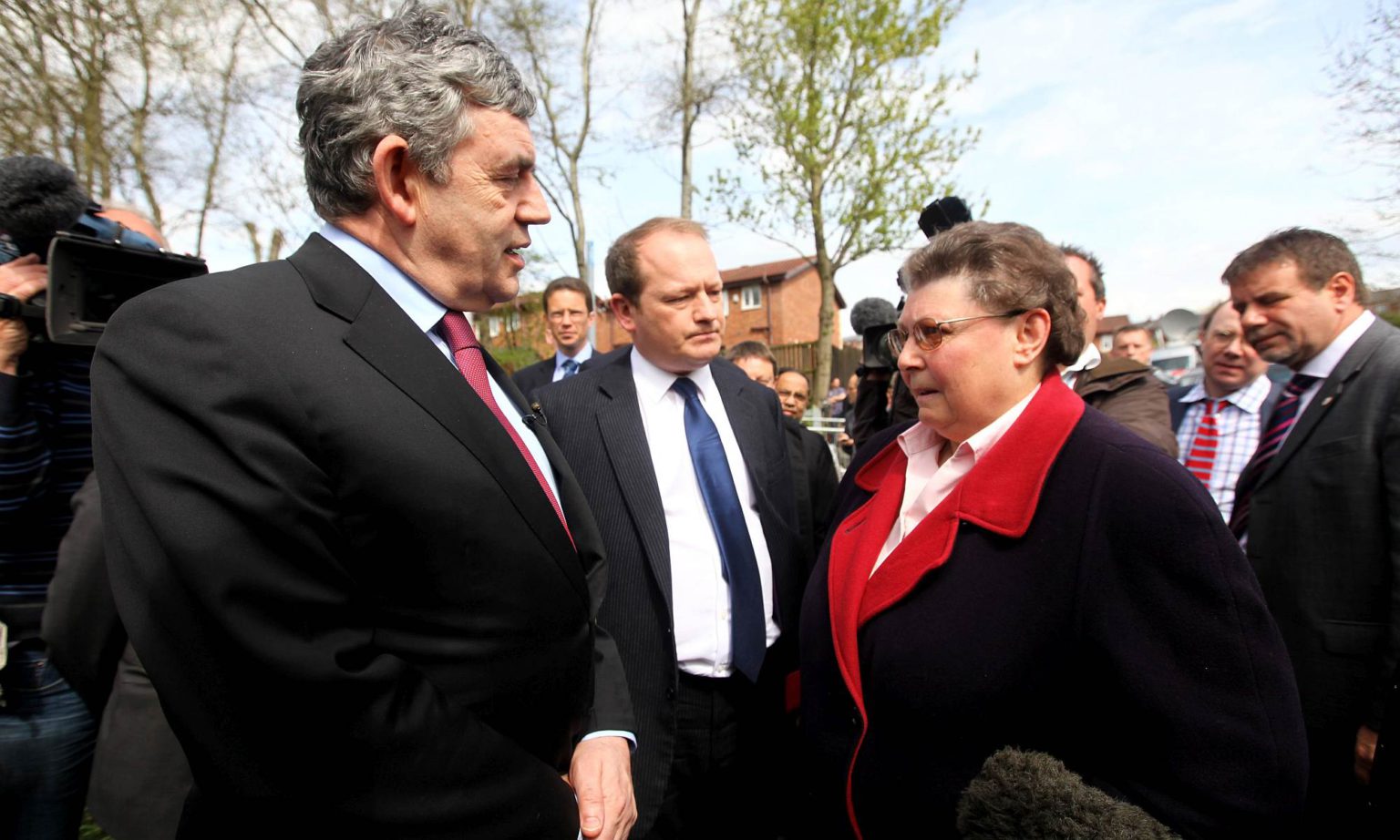
But things didn’t go as planned. Instead of exchanging political pleasantries, Duffy confronted Brown. She reeled off a list of grievances and complaints before getting to the question that really seemed to get Brown’s back up. Why had there been such a large rise in immigration from Eastern Europe?, she asked. Brown was smiling but his fumbled, long-winded answer betrayed his annoyance. He fielded a few more questions from Duffy before thanking everyone and politely taking his leave.
It was an awkward, embarrassing exchange. But few would have remembered it beyond the day’s news cycle if it wasn’t for what happened next. Clearly a little rattled, Brown and his aides had returned to their motorcade with Brown still mic’d up. The Sky News crew was able to hear an irritable exchange between Brown and his team. ‘That was a disaster’, he said, ‘[you] should never have put me with that woman’. ‘Whose idea was that?’, he asked before blaming his aide, ‘Sue’ (now known as Baroness Nye). ‘Everything’ was wrong with Duffy, he continued, before uttering the infamous words, ‘She was just a sort of bigoted woman who said she used to be Labour’.
The whole sequence of events lasted less than 10 minutes. Yet it revealed more about the forces and conflicts that continue to shape and shake British politics than countless academic analyses and broadsheet op-eds. We saw Labour politicians’ radical estrangement from their party’s traditional working-class voting base. We saw in Duffy the concerns of millions of working-class women and men about high levels of immigration given a tentative airing. And in Brown’s response, we glimpsed the disdain and condescension of an uncomprehending political and cultural elite.
Alongside the broader conflict between elite views and values and those of vast swathes of the nation, we caught sight of something else, too – we saw how this class tension, this ideological conflict was playing out through the issue of immigration.
To understand why this was happening – to grasp why a sixtysomething OAP was at odds with the party she’d supported all her life over ‘all these eastern Europeans what are coming in’ – is also to understand why immigration continues to be a key battleground today, when the populist pushback against a technocratic governing elite is invariably expressed through the issue of immigration.
Immigration wasn’t a major concern for people when New Labour came to power at the 1997 General Election. It didn’t feature to any great extent in the main parties’ manifestos, and just two per cent of voters at the time cited it as a key issue.
It’s tempting to think this is all down to numbers. In 1997, immigration levels were still relatively low. Indeed, from the mid-1980s to the mid-1990s, net migration was averaging out at around 40,000 people per year. And in the decade prior, more people were actually leaving the UK than arriving – a trend powered, in part, by highly restrictive and discriminatory immigration laws. These included Labour’s shameful 1968 Immigration Act, which was specifically designed to keep Kenyan Asians out of Britain. Described by one commentator as perhaps the most openly racist piece of legislation in British postwar history, it caused even right-wingers to blanche. Arch reactionary Auberon Waugh called it ‘one of the most immoral pieces of legislation to have emerged from any British parliament’.
So, historically, Labour was hardly a champion of free movement. But Tony Blair’s New Labour was, of course, a very different beast to its earlier 20th-century incarnations. In power, it actively sought to raise immigration levels, ostensibly for economic reasons. The new inflows of potentially cheaper labour from Europe and beyond could meet any labour shortages and implicitly keep wages low – something tacitly admitted by the then Bank of England governor, Mervyn King, in 2005.
Labour’s immigration-raising efforts included relaxing work-permit criteria, making it easier for universities to recruit international students, and expanding and launching countless new migrant-worker schemes. Perhaps most important of all was its decision in 2004 to grant the citizens of eight new EU member states from the old Eastern Bloc the immediate right to work in Britain. Other EU members, such as Germany, had imposed ‘transitional controls’ to limit the influx. But not the UK, which effectively opened the doors to people from some of Europe’s poorest regions.
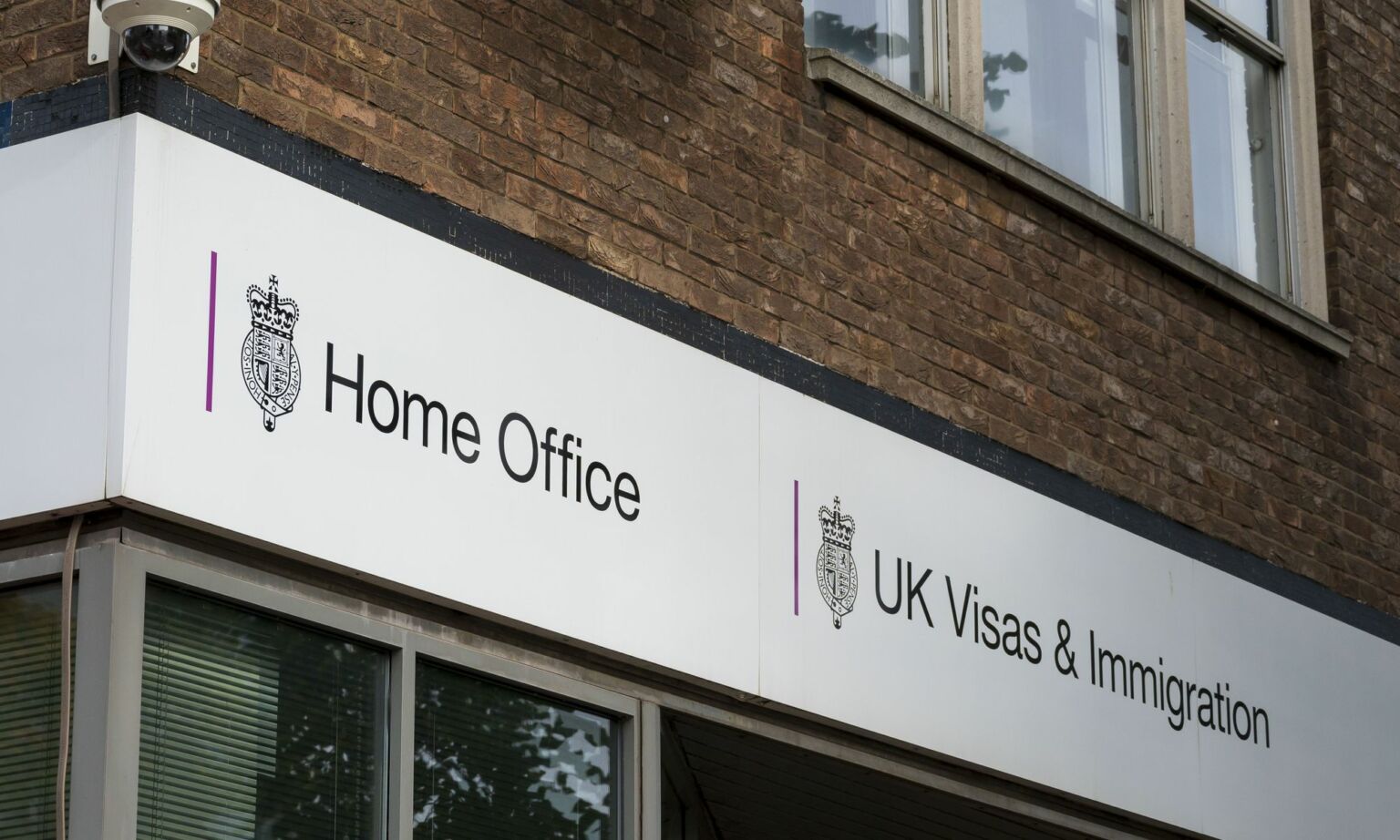
The effect of New Labour’s policies, facilitated in part by its eager embrace of EU membership, was dramatic. By 2010, successive Labour governments had added over 2.5million foreign-born workers to the population in little over a decade.
The sheer rise in immigration levels during the 2000s certainly provided the conditions for it to become a key issue. After all, by the time Duffy confronted Brown in 2010, net migration had hit an annual decade-long average of over 200,000. Representing one of the largest inward flows of people in Britain’s peacetime history, this level of immigration was inevitably causing problems. Though this was hardly the immigrants’ fault, since they were playing by the rules and entering legally, the arrivals put pressure on infrastructure and helped suppress wages.
The high number of arrivals might explain why immigration became a matter of public concern. But this alone can’t explain why it became such a polarising issue. Why was it, from this point onwards, that our political and cultural elites suddenly took up such a vehemently pro-immigration stance? Why did supporting immigration come to confer such a superior moral status? And why were those who expressed concerns about migration damned as moral inferiors – as racist, xenophobic, or indeed just ‘sort of bigoted’ people?
Immigration was weaponised during the late 1990s and 2000s. Not, as the boilerplate Guardianista analysis has it, by migrant-bashing tabloids and right-wing politicians looking to dupe the supposedly thick masses into voting Tory – but by a post-ideological political class and their leftish-liberal media cheerleaders. This elite actively promoted immigration not just for economic reasons, but also for social, political and cultural reasons – because they had come to see it as both the symbol and the vehicle of ‘progressive’ social change. Immigration, for them, was not about inviting newcomers to join and contribute to the nation – something vanishingly few in the British public object to – but a means to wage a culture war on vast swathes of that nation.
This was not part of a plot or a strategy on the part of New Labour. There was no conspiracy, as some more excitable reactionaries contend. Rather, New Labour’s pro-immigration stance seemed to emerge almost spontaneously from the closest thing it had to a vision – that is, its unwavering, ideological embrace of the process of globalisation. As the likes of Blair saw it, the post-Cold War moment was giving way to a new global order, based on the free movement of goods, services and people, and governed not by nation states, but by transnational institutions such as the EU and the World Trade Organisation. It was a development that was deemed as inevitable as autumn following summer, as Blair put it at the Labour Party conference in 2005.
New Labour’s project was to bring Britain into this brave new globalist order. To subordinate the democratic institutions of the nation state to the technocratic institutions of global governance. To use New Labourites’ favourite verb, they wanted to ‘modernise’ Britain.
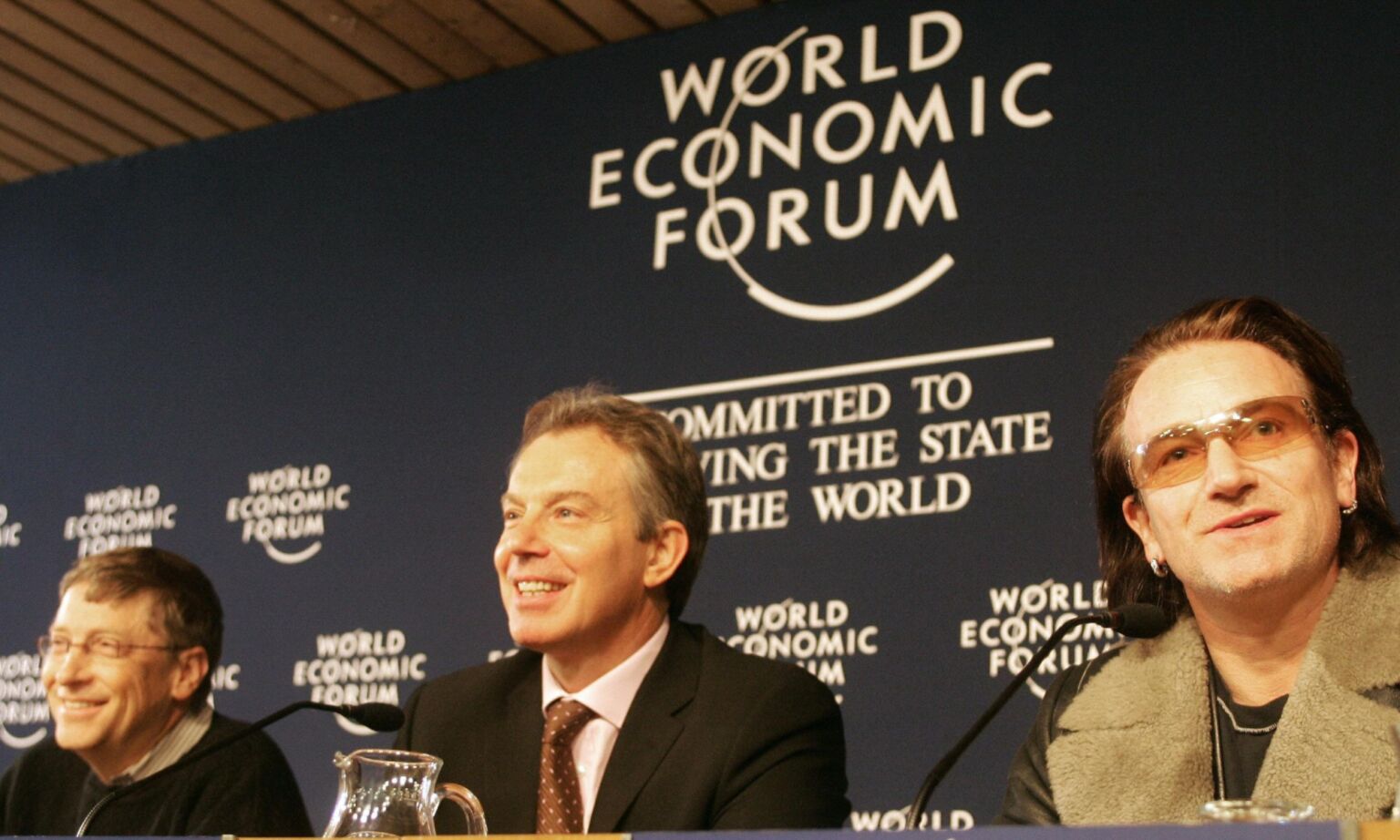
They pursued this project of ‘modernisation’ with an almost missionary zeal. ‘Everywhere, we support a process of modernisation’, said Blair at a 2006 press conference. They were fighting for ‘modernity’ against ‘tradition’, globalism against the nation state, ‘openness’ against ‘protectionism, isolationism [and] nativism’, as Blair put it to a group of US media types.
New Labour’s pro-immigration stance evolved hand-in-hand with its enthusiastic embrace of globalism, its commitment to realising a post-national future. Immigration was the means through which New Labour could give real content to their project of modernising Britain. The means through which they could transform it into a global-oriented territory, open for business. Drawing deep on the post-class left’s tradition of identity politics, they invariably championed the ‘modernising’ impact of immigration in terms of ‘diversity’, ‘multiculturalism’ and ‘pluralism’ – all terms they positively counterposed to the supposed homogeneity and closed-mindedness of the nation.
It was quite a shift. In the 1950s and the 1960s, Britain’s elites responded to the first waves of mass immigration by demanding the assimilation of new arrivals into British society and culture. By contrast, Britain’s elites in the late 1990s and 2000s wanted British society and culture to adjust and assimilate to an immigration-fuelled multiculturalism. Hence, a New Labour report from the early 2000s argued that immigration can only ‘strengthen and renew British identity’.
This was how immigration was weaponised during the New Labour era – as a means to ‘modernise’ and ‘diversify’ Britain, and drag it into the globalised future. By and large, the government tended to publicly emphasise the economically beneficial aspects to immigration. Yet, as Andrew Neather, a former special adviser to an early New Labour immigration minister, revealed in 2009, the government of the time was privately talking up the ‘social impacts’ of immigration. He claimed ministers wanted ‘to rub the right’s nose in diversity and render their arguments out of date’.
While Neather’s revelations were widely downplayed at the time, they were largely confirmed in a document from 2000, which was published in full under a Freedom of Information request in 2010. It featured material removed from a public consultation paper, published in 2001, which showed that ministers explicitly wanted to ‘maximise the contribution’ of migrants so as to achieve the government’s ‘social objectives’.
If New Labour was shy about being too explicit, its media outriders were not. Throughout the 2000s, they unabashedly celebrated immigration as the cure for Britain’s national ills. The means by which this tired old nation was to be dragged into the gleaming, progressive, globalist future. They favourably compared ‘pleasant asylum seekers’ to the ‘fat twats’ of working-class Britain. They cast foreign-born workers as an antidote to the ‘indolent British scroungers on their couches drinking beer and watching TV’. And they dismissed all who pushed back against the pro-immigration narrative as de facto members of the British National Party, the nasty racist groupuscule that was then enjoying a small degree of success in local elections.
It was during this period, from the late 1990s and through the 2000s, that a broad swathe of Britain’s political and cultural elites redefined the terms of the immigration debate. For much of the 20th century, Labour and Tory governments alike viewed migration through a racist lens, as a problem. They recognised its necessity during labour shortages, but feared and exploited its supposed impact on Britain’s indigenous working class. Pitting workers against workers, they played it up as a threat, a source of division and discord.
But that approach shifted dramatically during the 1990s and 2000s. Embracing globalism, they were championing immigration as a socially and morally ‘progressive’ force. A tool of ‘modernisation’ to be used to transform Britain from an old nation state into a borderless member of a globalised world. And a weapon with which to attack and denigrate the supposedly backwards, un-modern masses. The only continuity in approach was that the elites were still, in effect, pitting migrants against existing Brits.
Yet as the economic winds behind globalisation dropped with the financial crisis in 2008, so Britain’s globalist, technocratic elites started to find themselves on the back foot. It was far easier to promote and justify record-breaking levels of immigration during a period of relative economic boom, but far less so during a slow bust. Cheap migrant labour was no longer necessarily meeting a skills shortage in a growing economy – it was now papering over the cracks of a dwindling economy.
From 2008 onwards, globalisation’s losers began to gain more of a hearing. And right from the start, this incipient populist pushback against the elite attempt to ‘modernise’, globalise and de-nationalise Britain was fought out on the terrain of immigration. Not because those pushing back were ‘racist’, ‘xenophobic’ or any of the other pejoratives sent their way, but because immigration had already been weaponised and used against them.
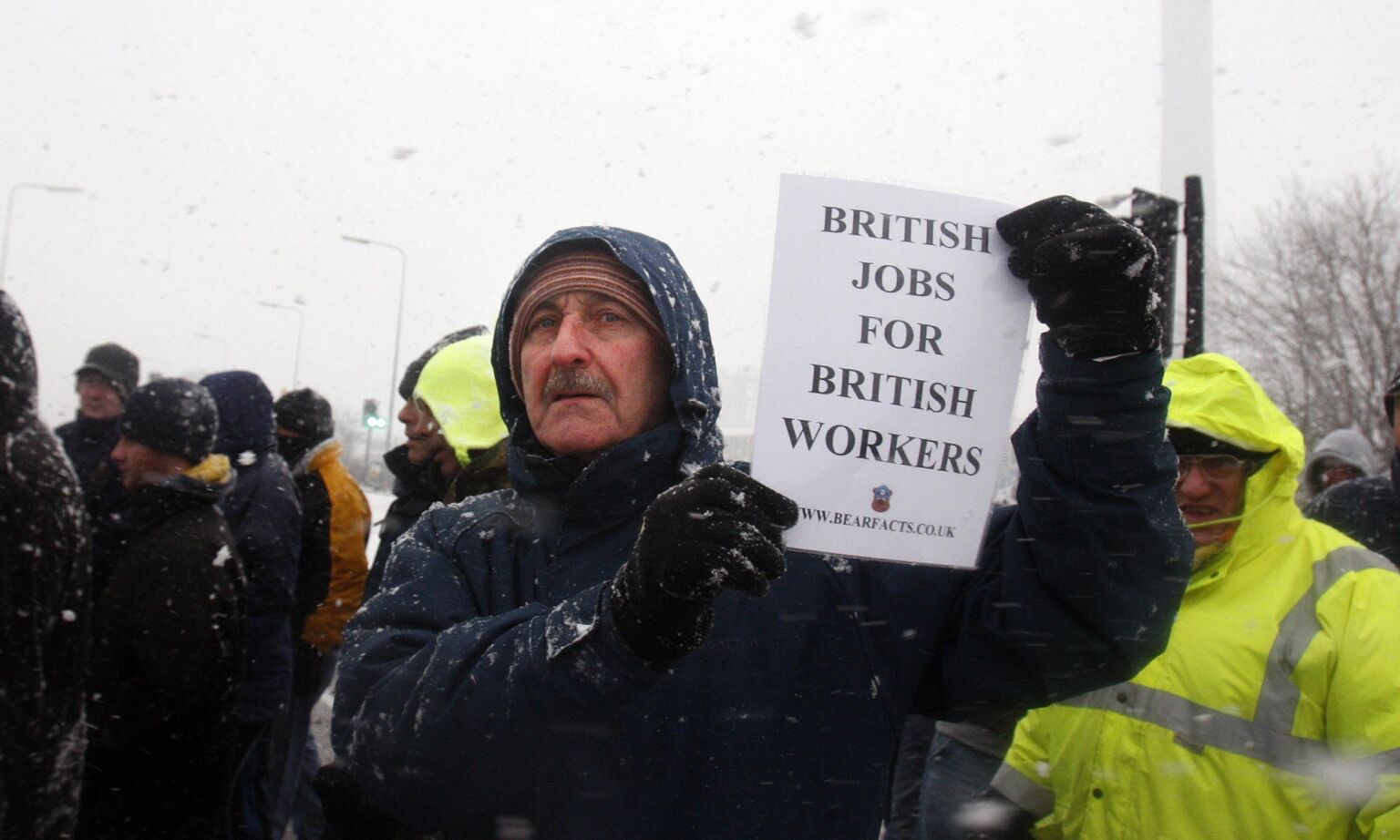
Britain’s political class appeared to be starting to listen. In early 2009, during a series of strikes over UK construction jobs going to cheaper labour from Europe, Brown himself infamously used the phrase, ‘British jobs for British workers’. Then home secretary Jacqui Smith said the ‘pace of change’ had been too fast, and the ‘cultural and emotional impact’ of immigration misunderstood. In early 2010, David Cameron, the Blair-lite leader of the Tories, made a pledge to reduce net migration from hundreds of thousands to tens of thousands, if he became prime minister.
Yet there was always a distinct air of dishonesty about it all. A sense that these politicians, all deeply committed to the globalist order, were trying to assuage the anger their own approach to migration had helped create. A sense that just as Brown appeared to be listening to Duffy’s concerns, before he then attacked her as a bigot in private, so the political class was doing something similar – listening to public concerns about immigration in front the cameras, while really remaining completely at ease with it.
And so it proved. From 2010 onwards, the Conservative-led coalition government consistently pledged to reduce net migration, while actual annual net-migration figures crept up to around 250,000. And under Ed Miliband’s leadership in opposition, Labour talked up its commitment to immigration controls, even boasting of it on a 2015 General Election mug, while showing no real intention to follow through on it.
Worse still, this attempt to appear to be listening to public concerns often resulted in acts of performative, theatrical cruelty towards migrants – and hasty crackdowns on illegal migration that caught even British citizens in their net. This was evident in the government’s 2013 decision to trial the use of vans telling illegal immigrants to ‘go home’ in multiethnic London neighbourhoods, and, above all, in the Windrush scandal. In 2018, the Home Office wrongfully detained and threatened Brits of Caribbean background with deportation, despite them having lived legally in the UK for decades. It was a shameful episode that the vast majority of the public rightfully condemned, proving that ordinary people are far from the ethno-nationalists they are routinely portrayed to be.
Managing perception, rather than managing migration, was the political class’s clear priority. After all, any British government serious about reducing net migration would need to have control of its borders. And that would necessitate leaving the globalist embrace of the EU, something that the vast majority of Britain’s political, cultural and business elites really did not want to do.
Even after Brexit, the same tension has persisted. Successive governments have pledged to reduce net migration, while simultaneously allowing it rise to levels unprecedented even in comparison with the era of New Labour. There are often rational reasons for this, from massive labour shortages in certain sectors to public-supported refugee schemes. But the continued and underlying commitment of our political, cultural and business elites to a now creaking globalism, writ large in their longing to rejoin the EU, remains a major factor. In their eyes, immigration remains what it was for New Labour – a morally and socially ‘progressive’ force that will positively transform the nation. And as long as it is conceived in those terms, immigration will continue to be a key battleground long into the future.
Indeed, we saw much of that on display in the reaction to Keir Starmer’s plans to lower net migration. Those championing immigration are still doing so in the shrill hyper-moralised terms forged during the New Labour era. They automatically associate immigration with social, moral progress, and eagerly damn anyone raising concerns or proposing any restrictions as mini Powellites.
Fifteen years on from Gillian Duffy’s run-in with Gordon Brown, too many are still playing this divisive game. They treat migrants not as human beings aspiring to become British, integrate and contribute to their new home, but as a multicultural battering ram against supposed national backwardness. And they wage a never-ending culture war against the ‘bigoted’ people who already live here.
Tim Black is associate editor of spiked.
£1 a month for 3 months
You’ve hit your monthly free article limit.
Support spiked and get unlimited access.
Support spiked – £1 a month for 3 months
spiked is funded by readers like you. Only 0.1% of regular readers currently support us. If just 1% did, we could grow our team and step up the fight for free speech and democracy.
Become a spiked supporter and enjoy unlimited, ad-free access, bonus content and exclusive events – while helping to keep independent journalism alive.
———————————————————————————————————————————–
Exclusive January offer: join today for £1 a month for 3 months. Then £5 a month, cancel anytime.
———————————————————————————————————————————–
Monthly support makes the biggest difference. Thank you.

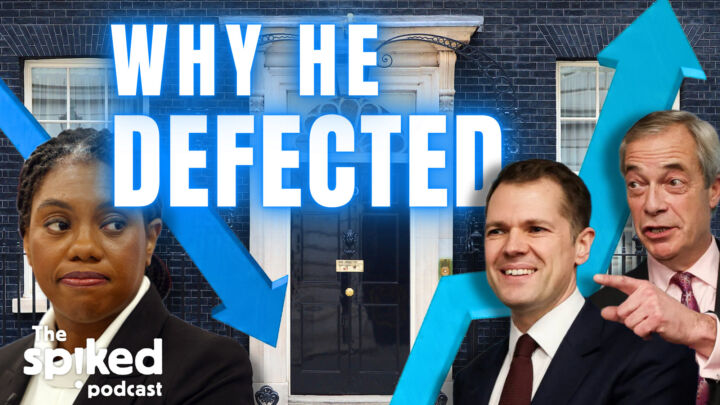
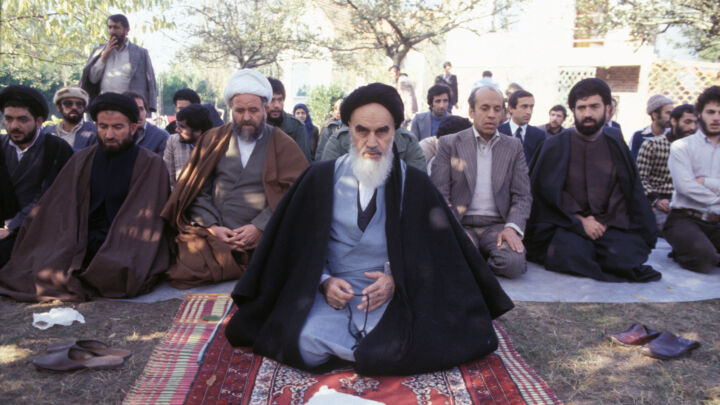


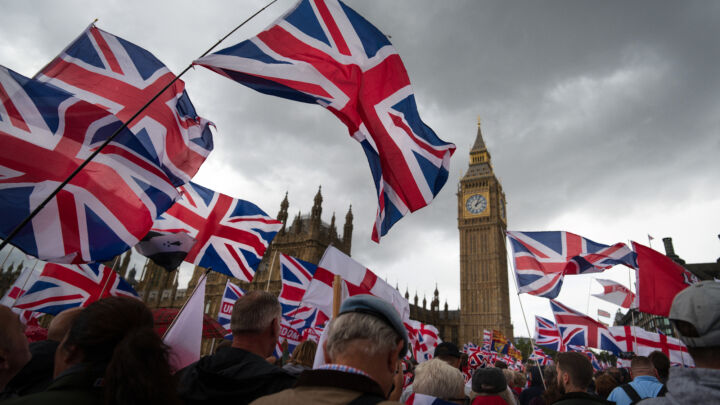
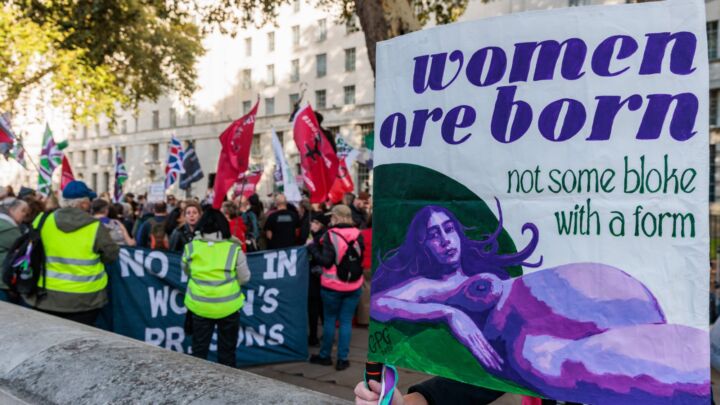

Comments
Want to join the conversation?
Only spiked supporters and patrons, who donate regularly to us, can comment on our articles.